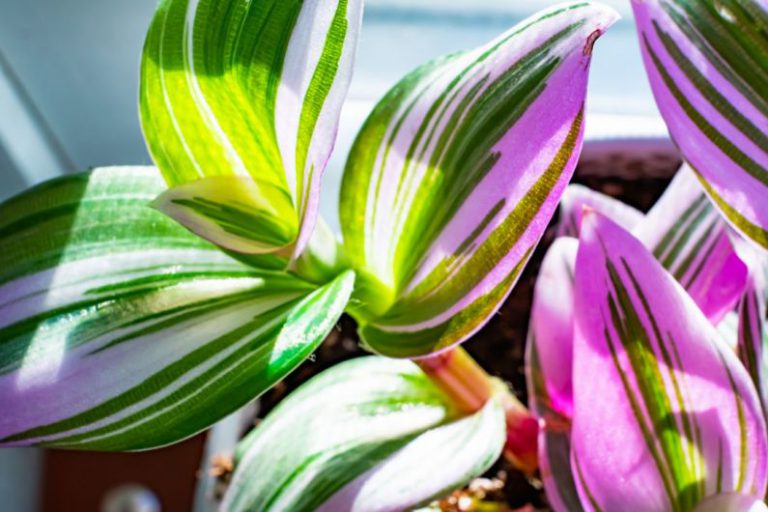How to Reduce Plastic Use in Your Daily Life?
Plastic has become an integral part of our lives, but its excessive use is causing severe damage to our environment. It is estimated that 8 million metric tons of plastic enter our oceans every year, endangering marine life and polluting our planet. However, by making a few simple changes in our daily lives, we can significantly reduce our plastic consumption and contribute to a cleaner, greener future. Here are some practical tips on how to reduce plastic use in your daily life.
Carry a Reusable Water Bottle
One of the biggest sources of plastic waste is single-use water bottles. Instead of buying bottled water, invest in a reusable water bottle that you can refill throughout the day. Not only will this help reduce plastic waste, but it will also save you money in the long run. There are plenty of stylish and durable options available, so choose one that suits your needs and make it a habit to carry it with you wherever you go.
Say No to Plastic Straws
Plastic straws are another major contributor to plastic pollution. They are used for a few minutes and then discarded, but they can take hundreds of years to decompose. To reduce your plastic use, simply say no to plastic straws when ordering drinks at restaurants or cafes. If you prefer using a straw, consider purchasing a reusable one made of stainless steel or bamboo. These alternatives are not only eco-friendly but also much more durable.
Bring Your Own Shopping Bags
Plastic bags are one of the most common forms of plastic waste. They are used for a short period and then often end up in landfills or the ocean, where they harm marine life. To reduce your plastic use, bring your own reusable shopping bags when you go grocery shopping or running errands. Keep a few bags in your car or carry a foldable one in your purse or backpack, so you’re always prepared. By doing this, you’ll not only reduce your plastic consumption but also help reduce the demand for plastic bags.
Choose Plastic-Free Alternatives
Many everyday items come wrapped in unnecessary plastic packaging. To reduce your plastic use, opt for plastic-free alternatives whenever possible. For example, choose loose fruits and vegetables instead of those packaged in plastic. Buy in bulk to minimize packaging waste, and bring your own containers to the store. Look for products that are packaged in cardboard, glass, or other recyclable materials instead of plastic. By being mindful of your choices, you can make a significant impact on reducing plastic waste.
Invest in Reusable Food Containers
Another way to reduce plastic use is by investing in reusable food containers. Instead of using disposable plastic bags or cling wrap to store food, opt for reusable containers made of glass or stainless steel. These containers are not only better for the environment but also more durable and safer for storing food. Make it a habit to pack your lunch or snacks in reusable containers, and you’ll significantly reduce your plastic waste.
Spread the Word and Inspire Others
Finally, spread the word about the importance of reducing plastic use and inspire others to do the same. Share your experiences and tips on social media, start conversations with friends and family, and support businesses and organizations that are committed to reducing plastic waste. By raising awareness and encouraging others to take action, we can create a collective impact and make a difference in the fight against plastic pollution.
In conclusion, reducing plastic use in your daily life is not as difficult as it may seem. By adopting simple habits such as carrying a reusable water bottle, saying no to plastic straws, bringing your own shopping bags, choosing plastic-free alternatives, investing in reusable food containers, and spreading the word, you can significantly reduce your plastic consumption and contribute to a cleaner, greener future. Remember, every small change counts, and together we can make a big difference.






